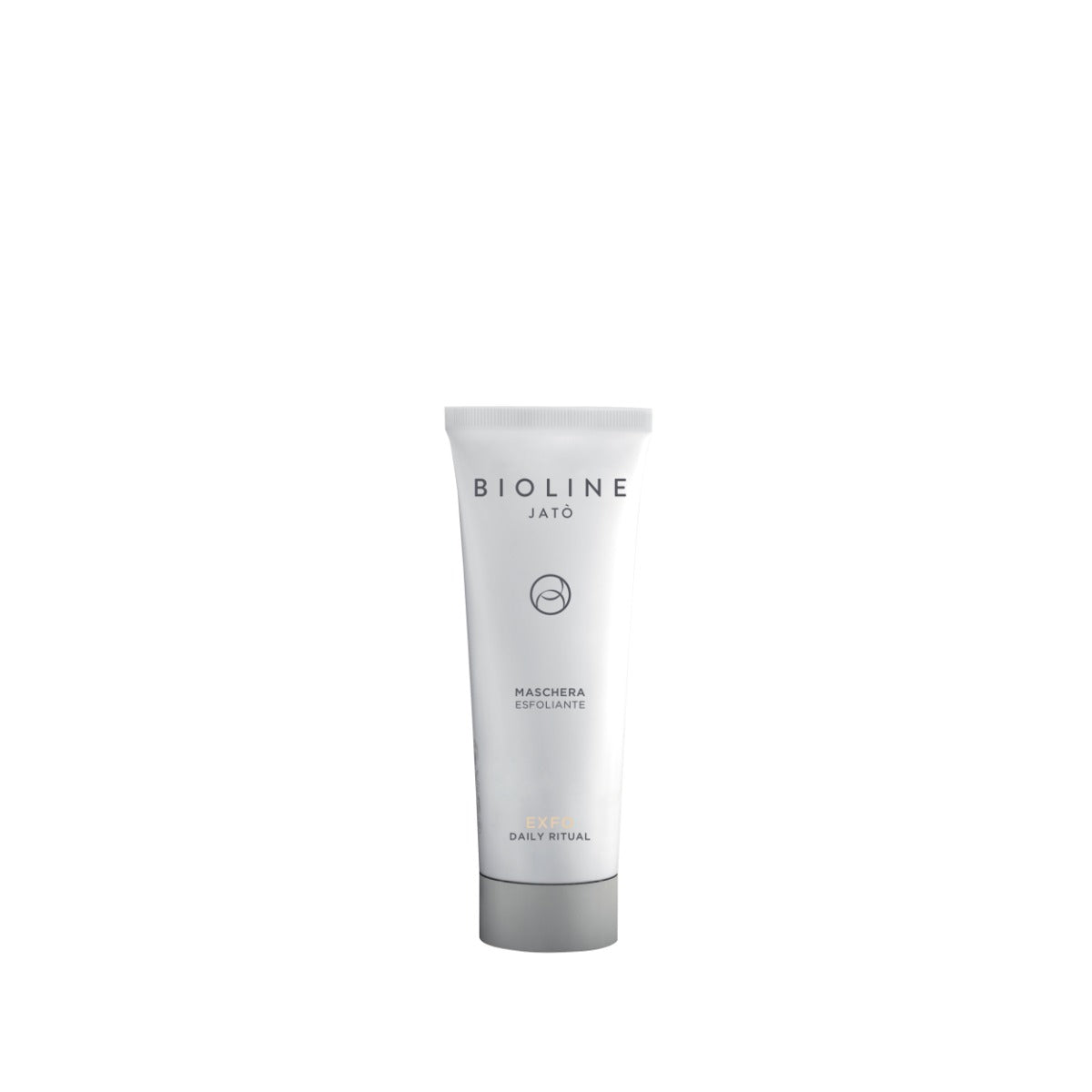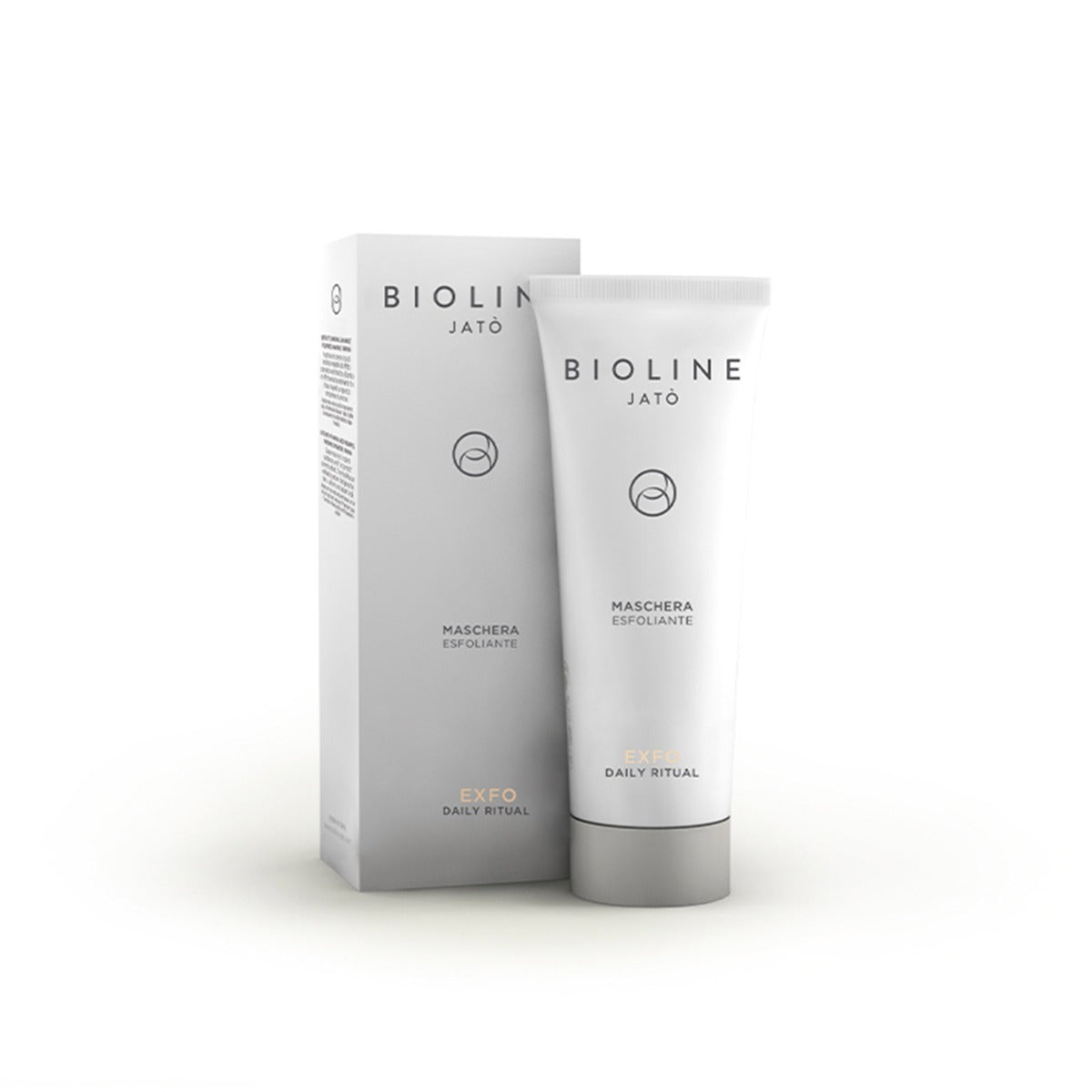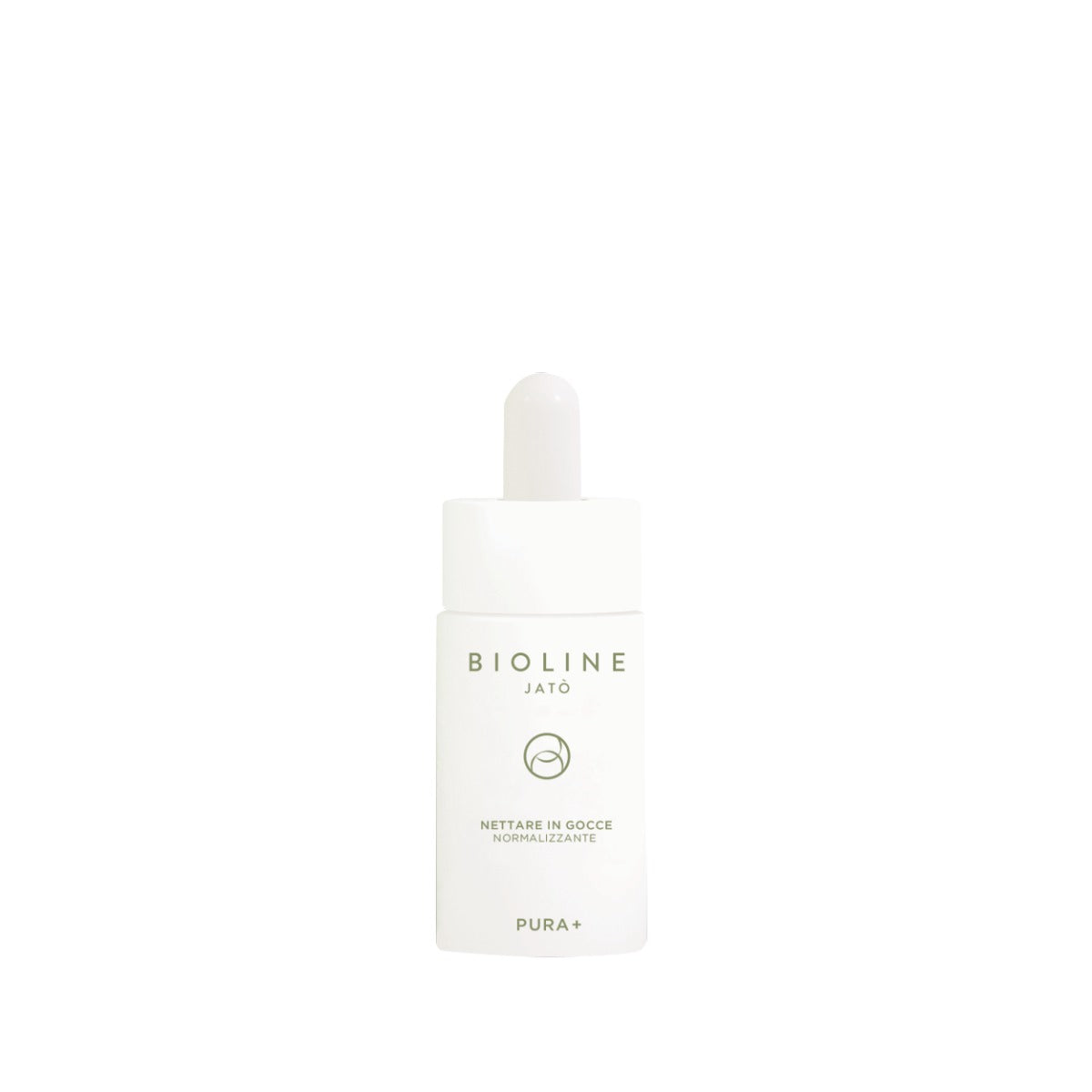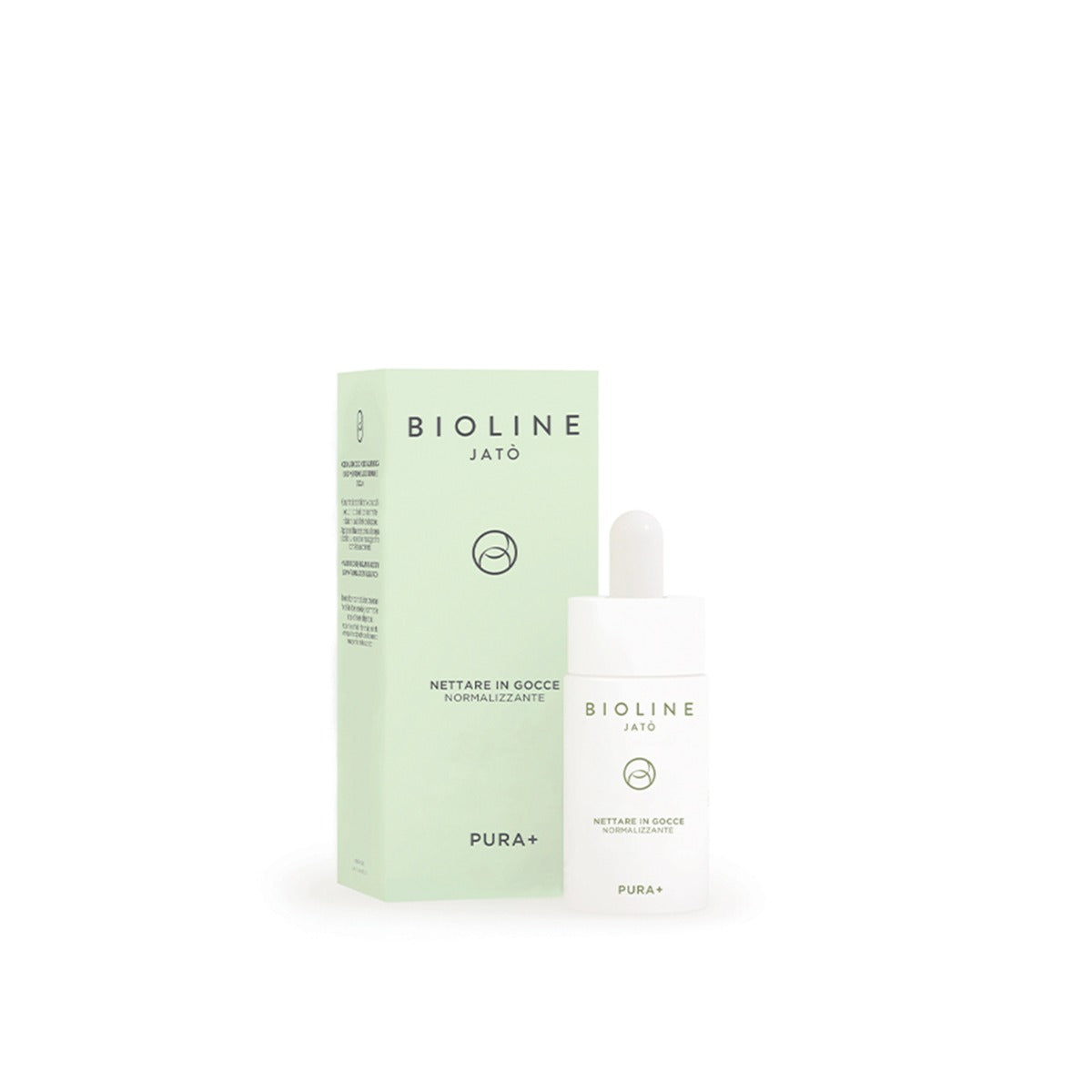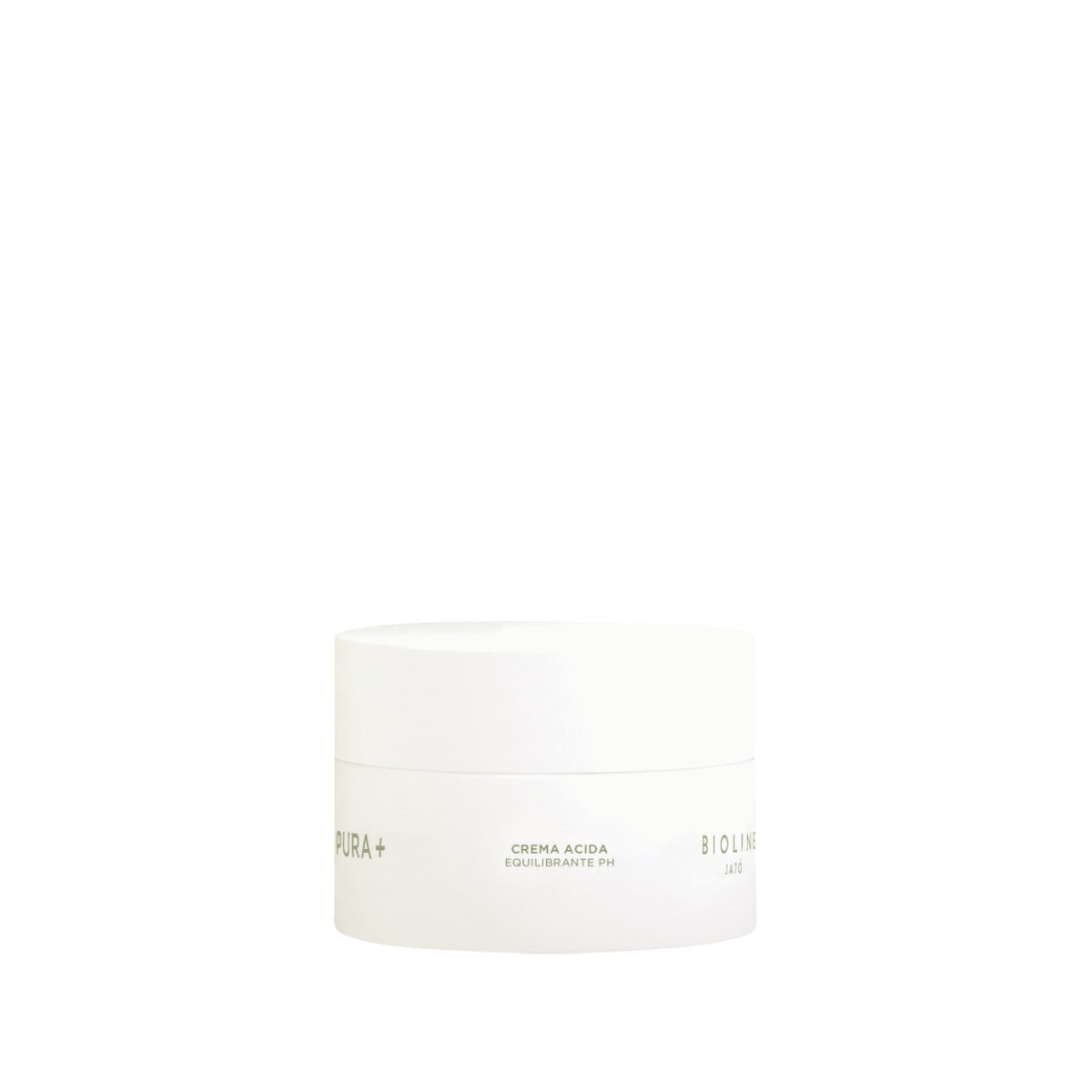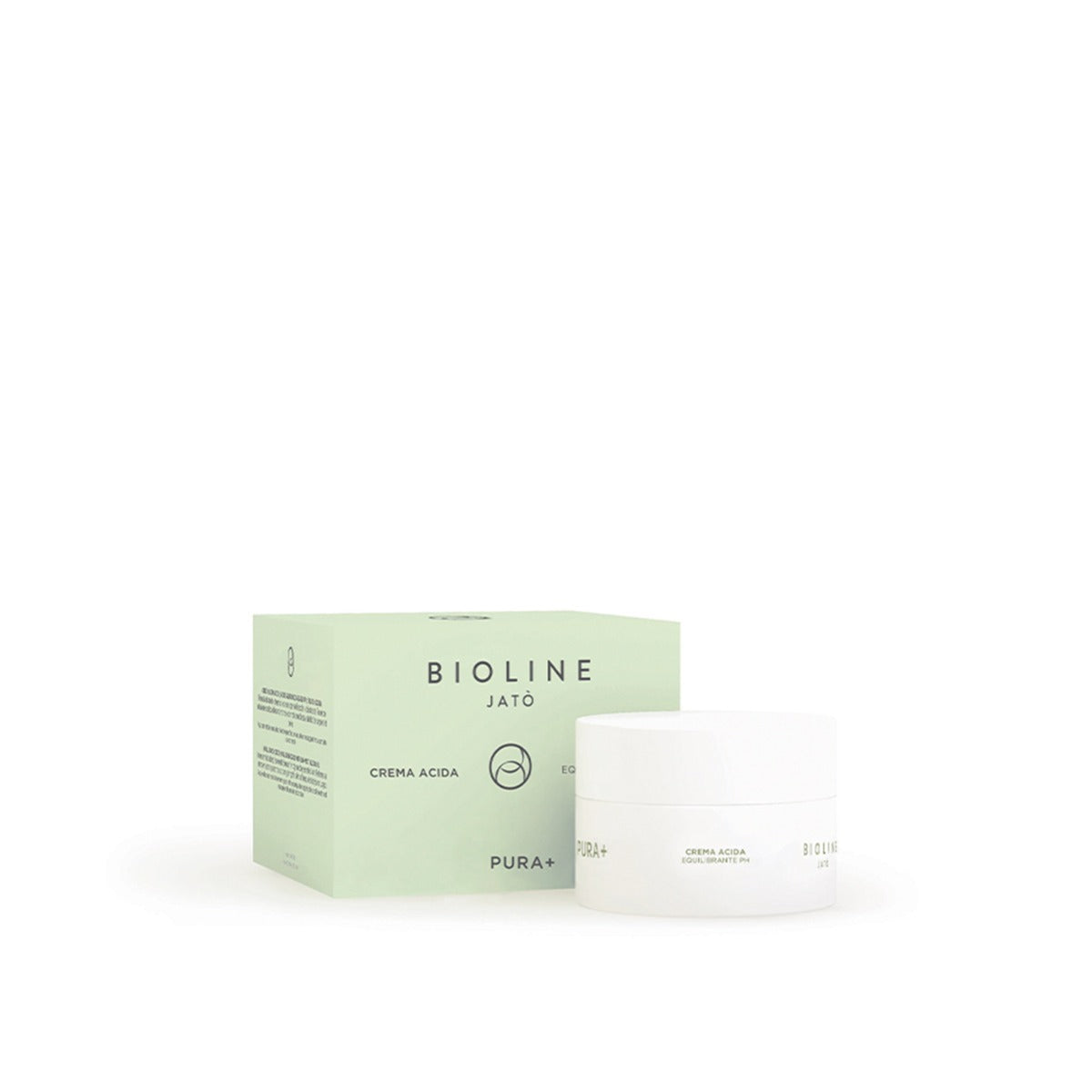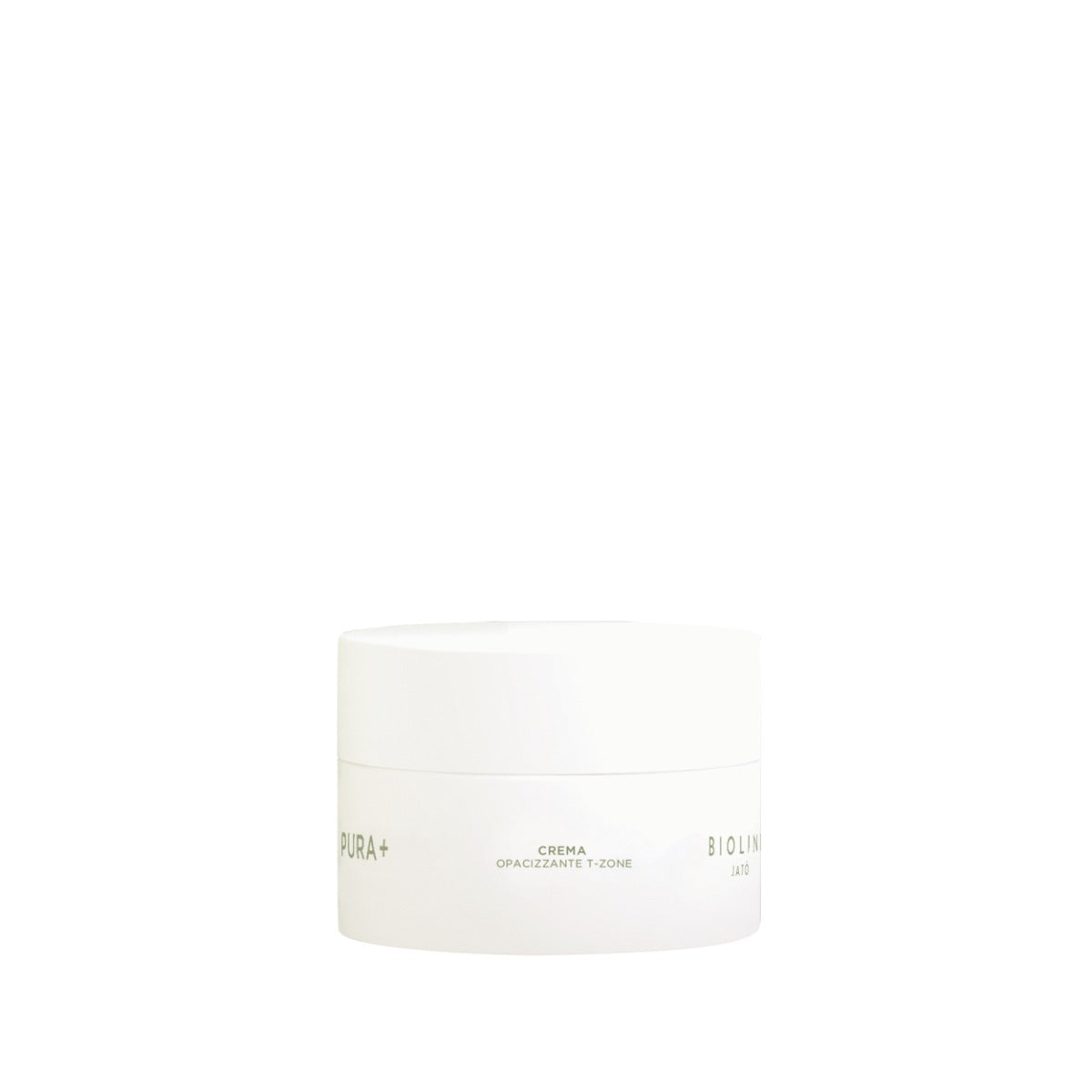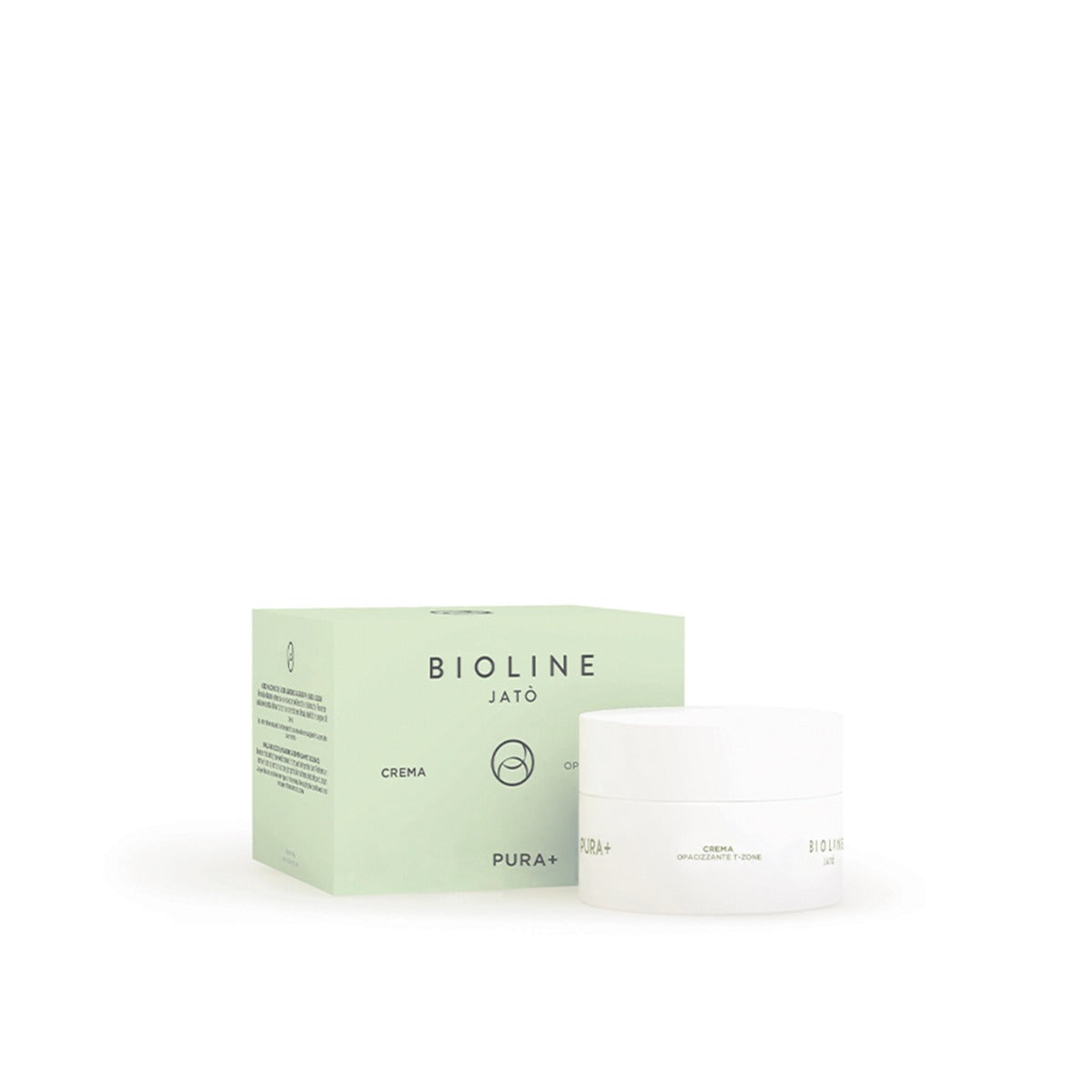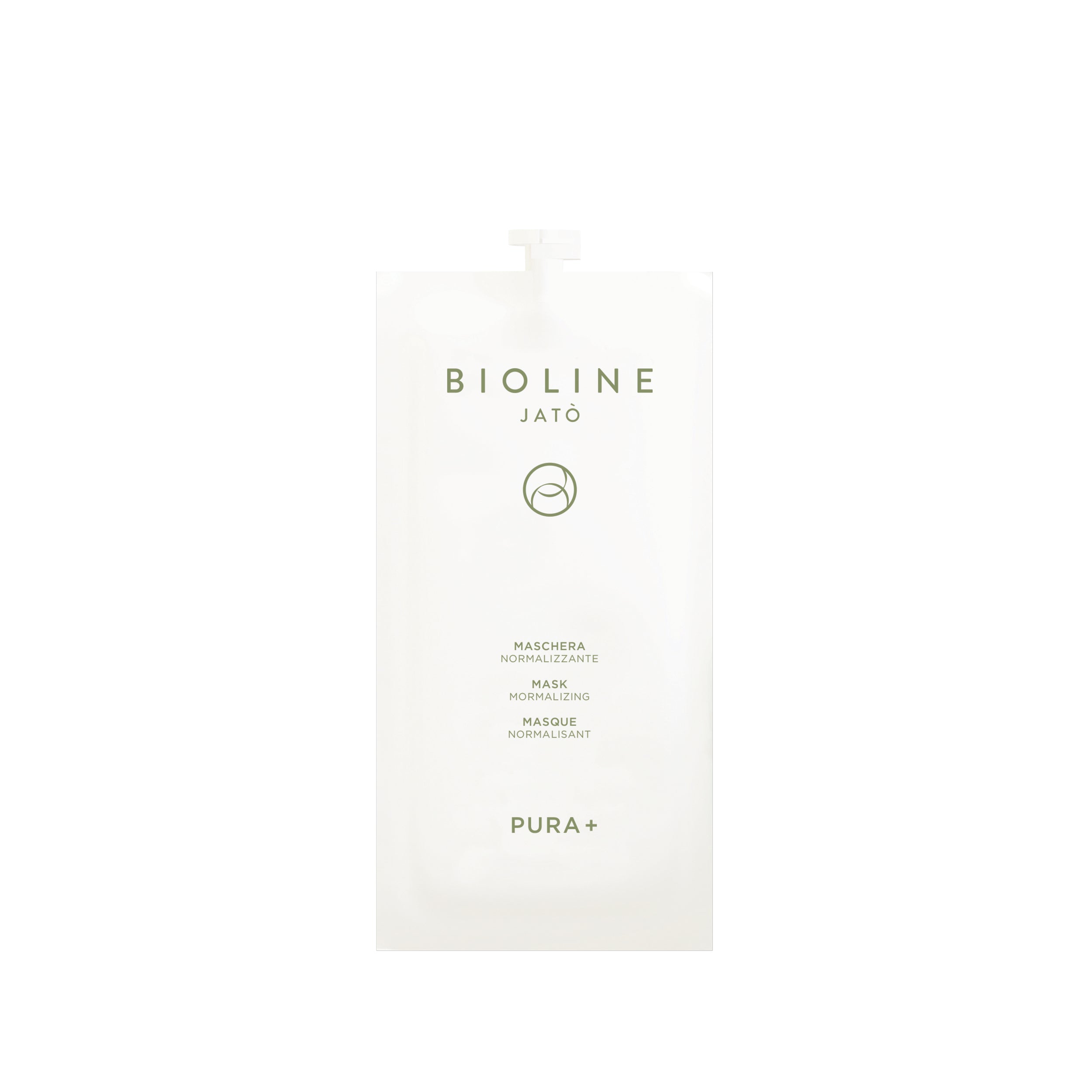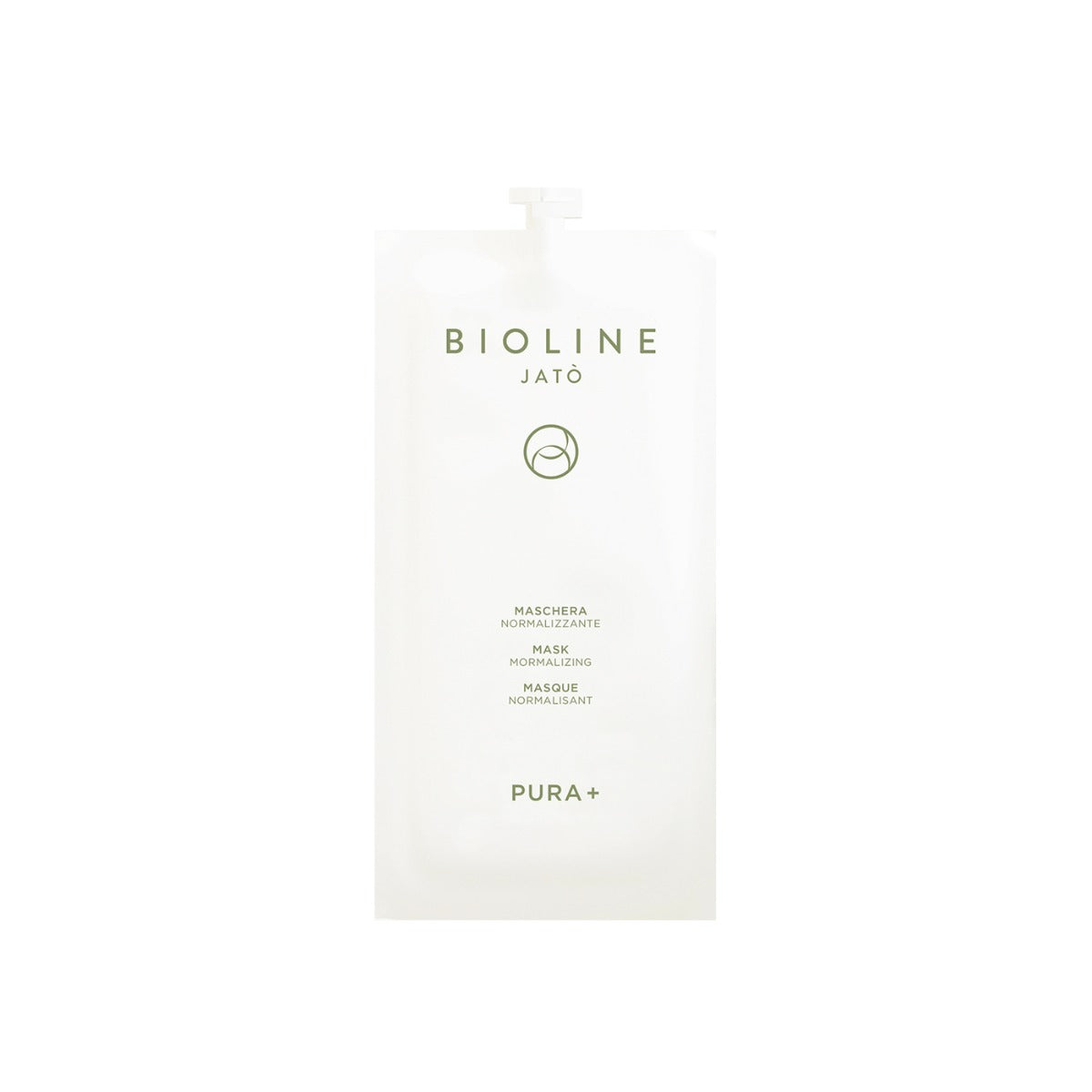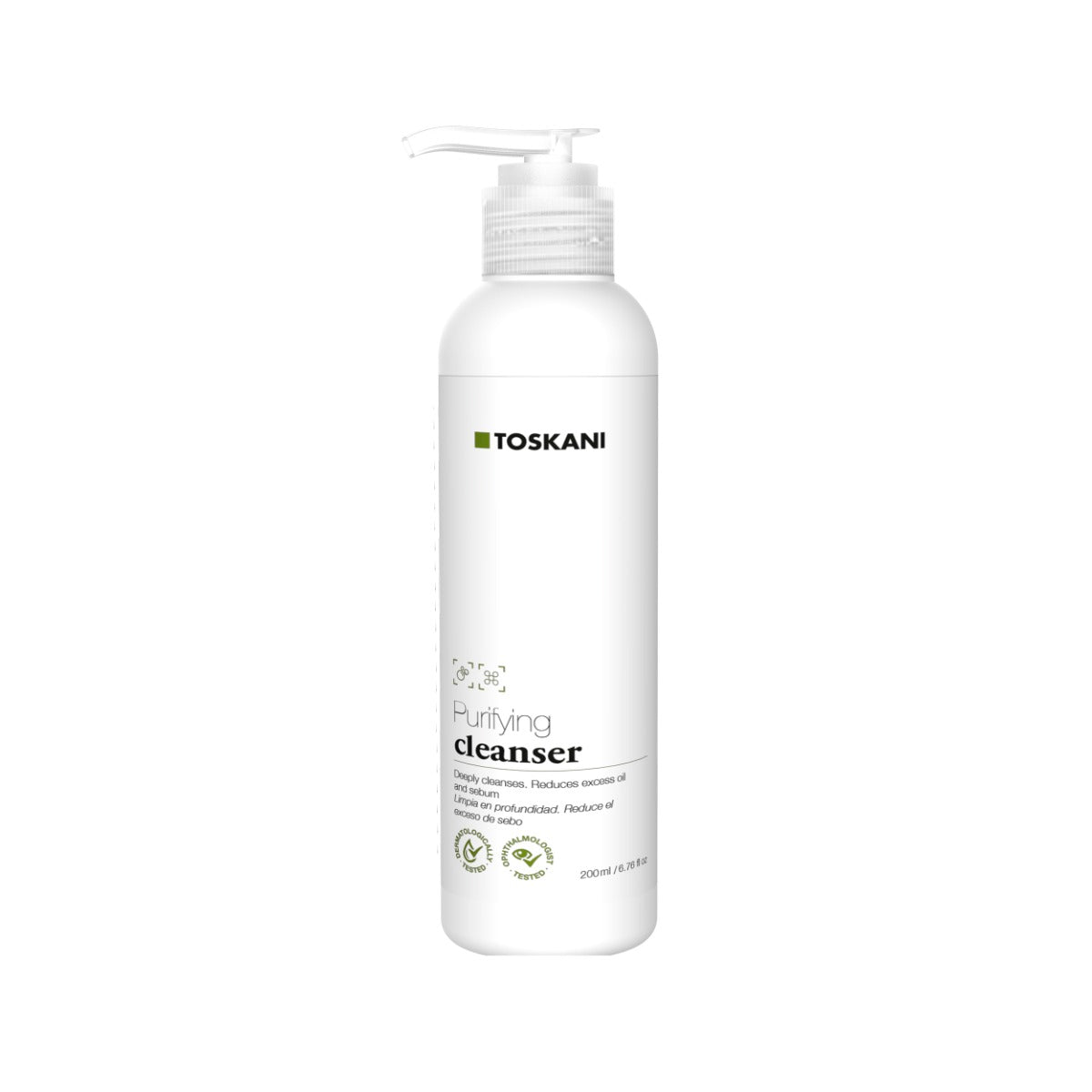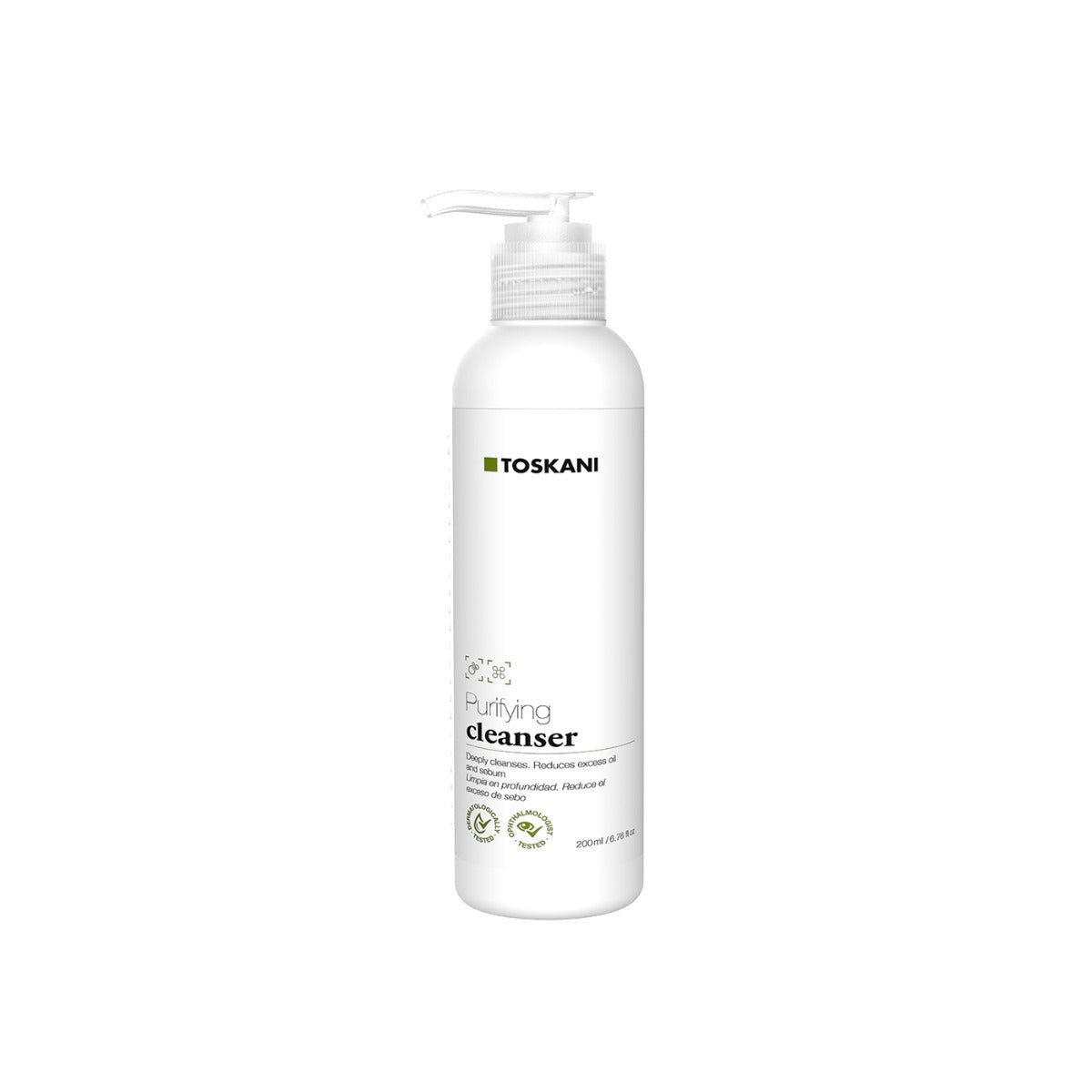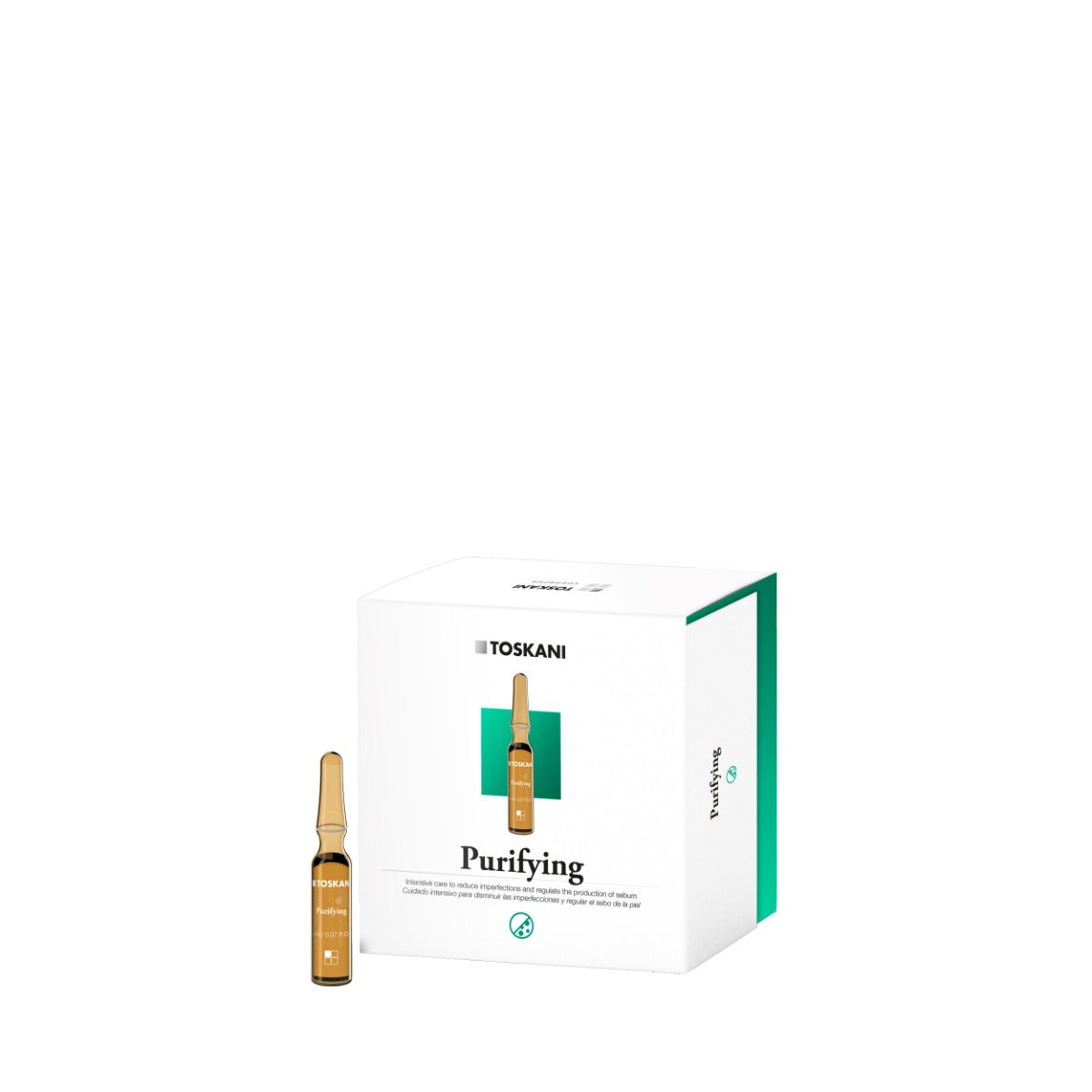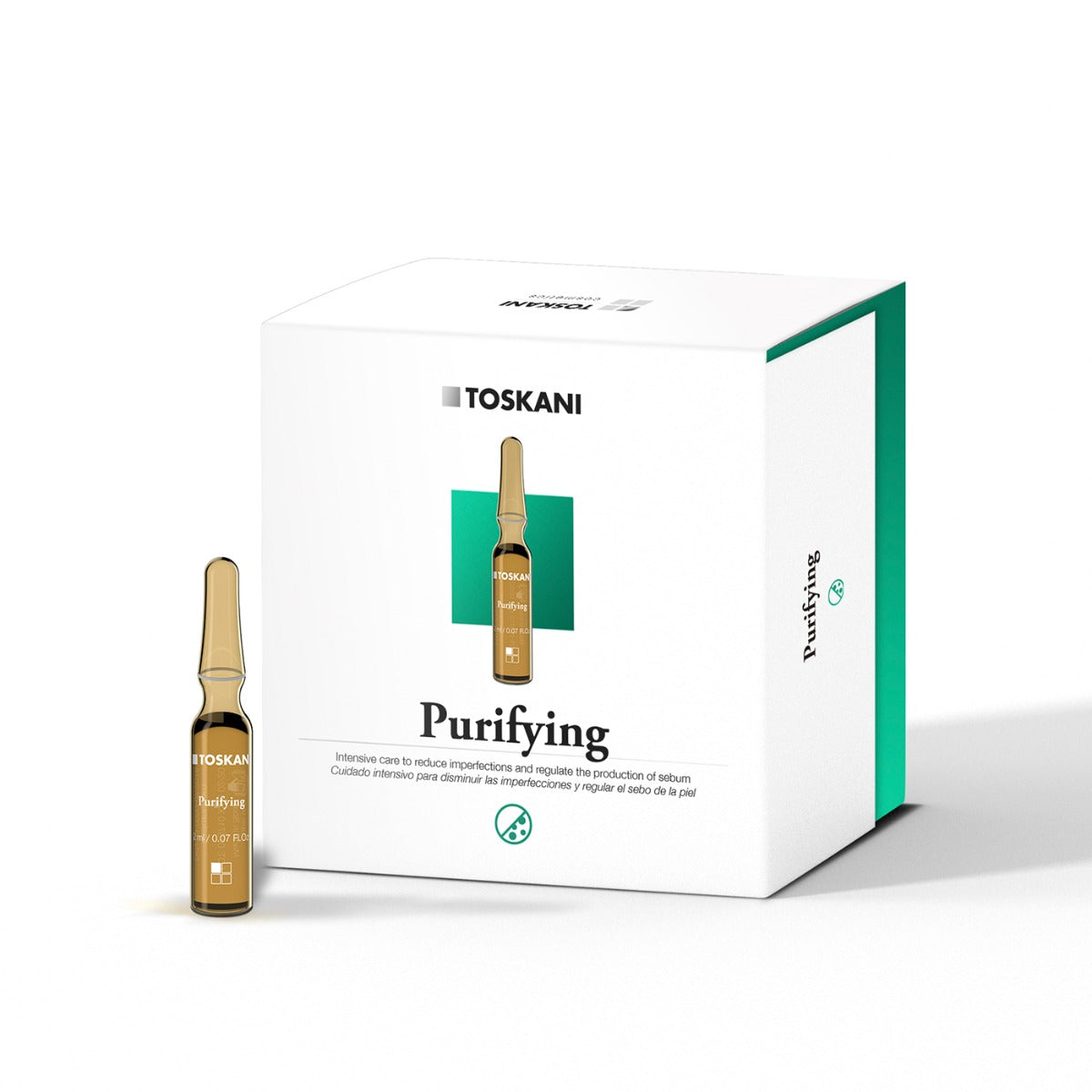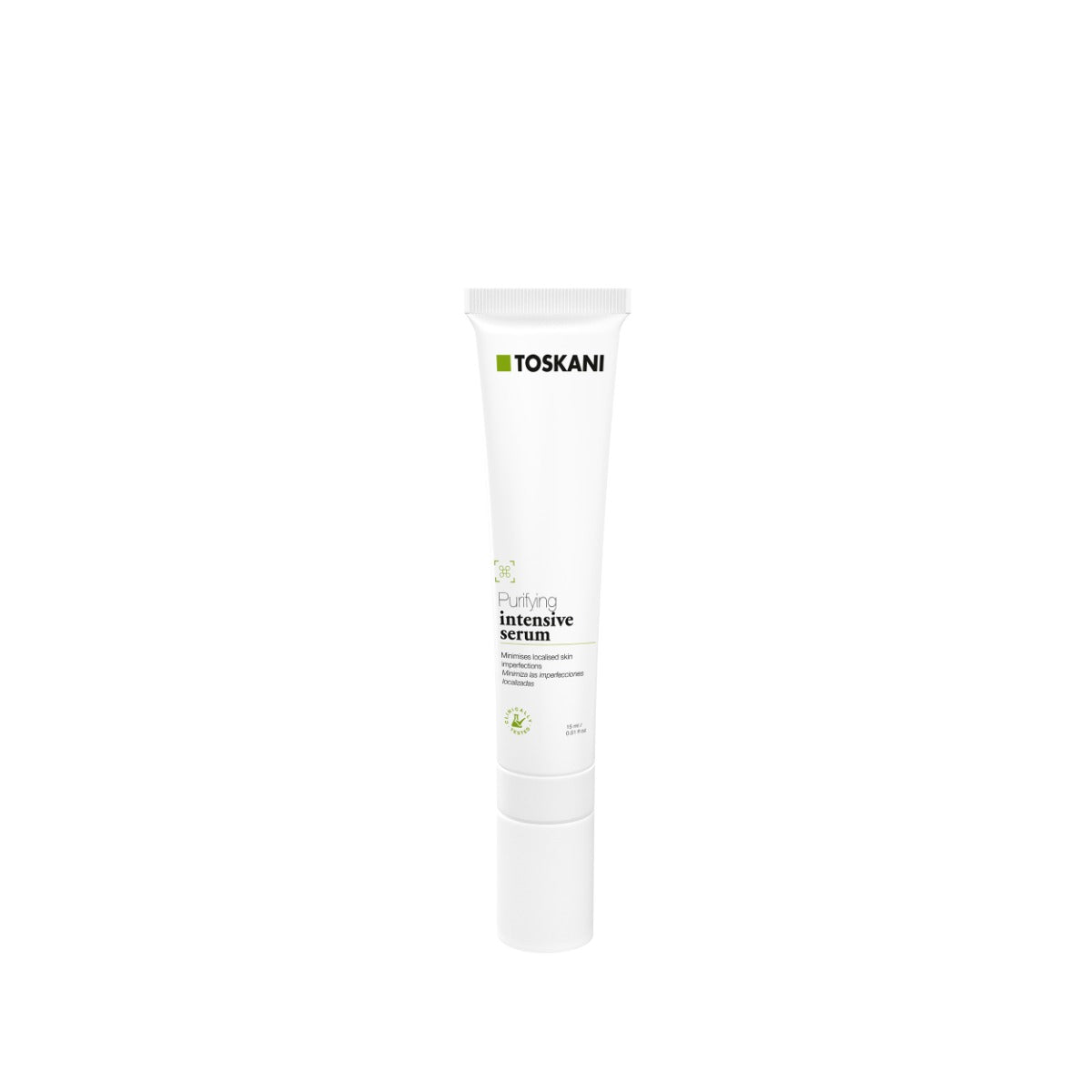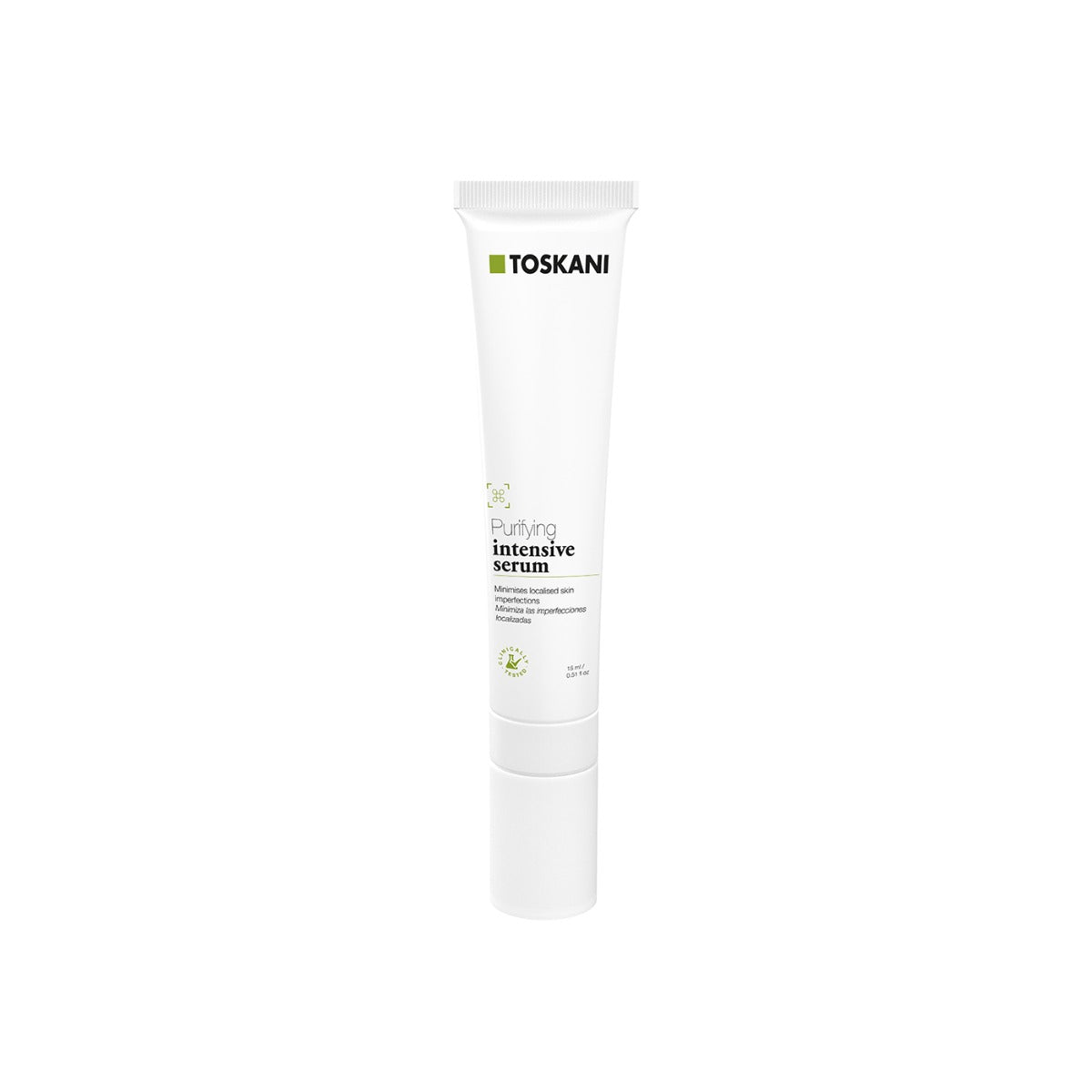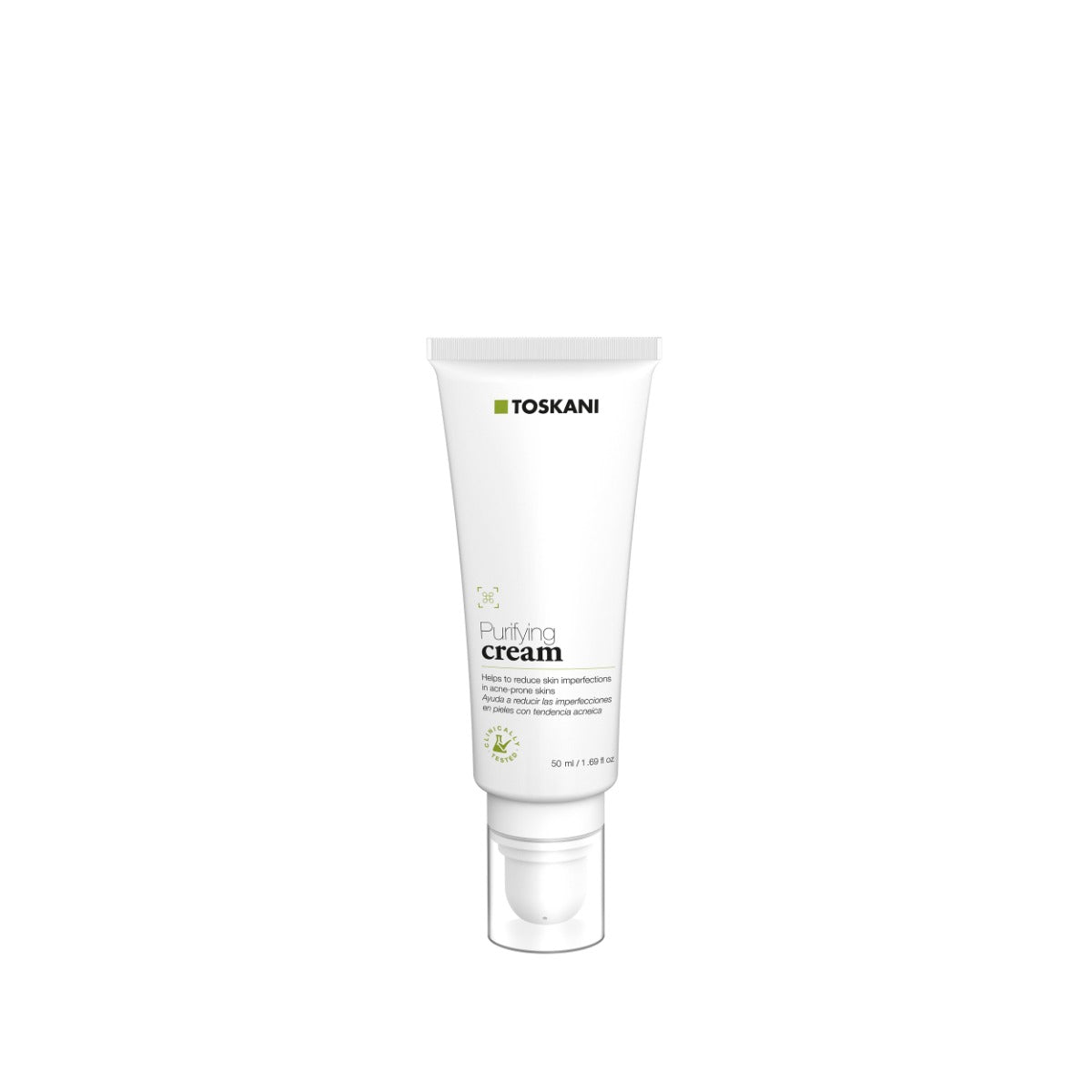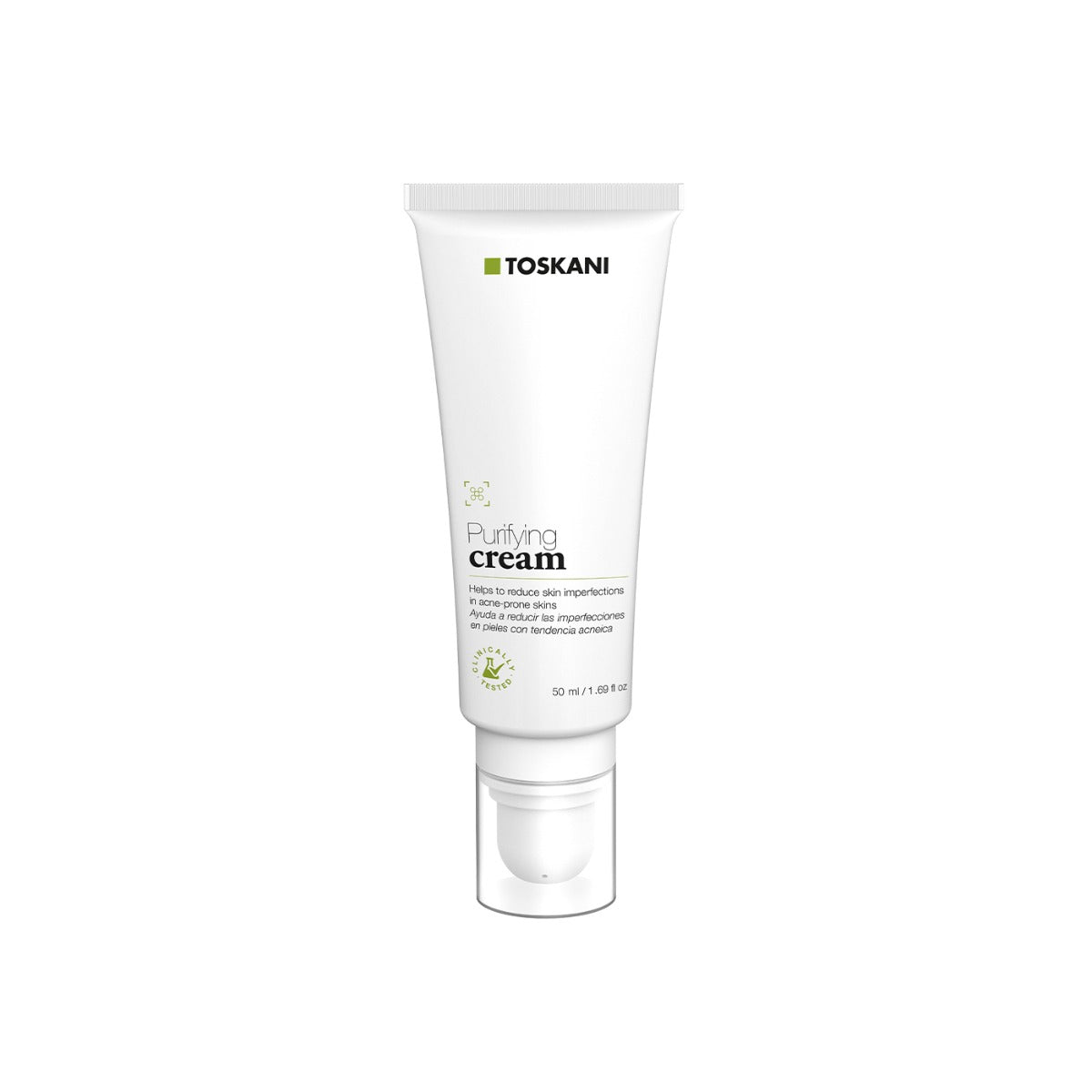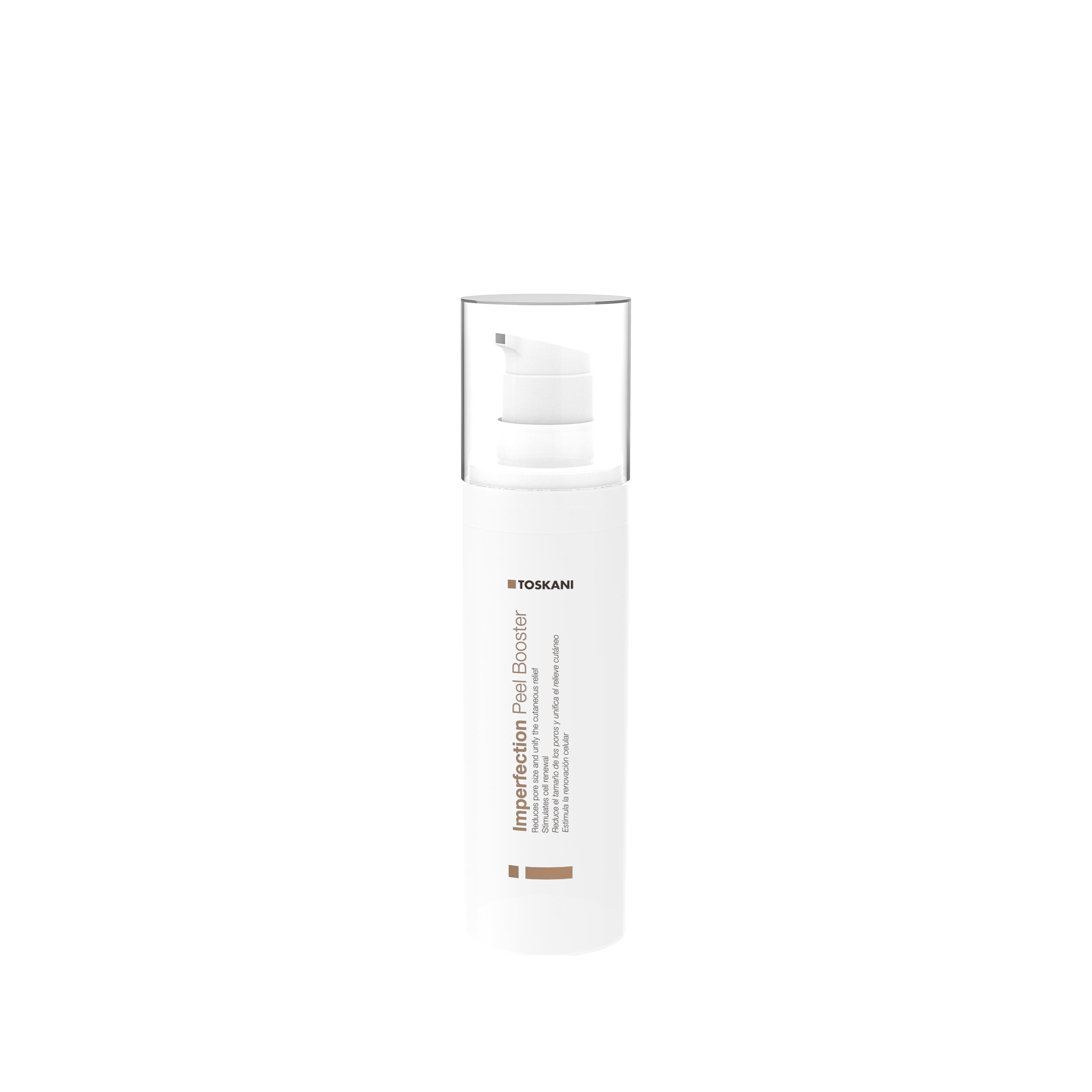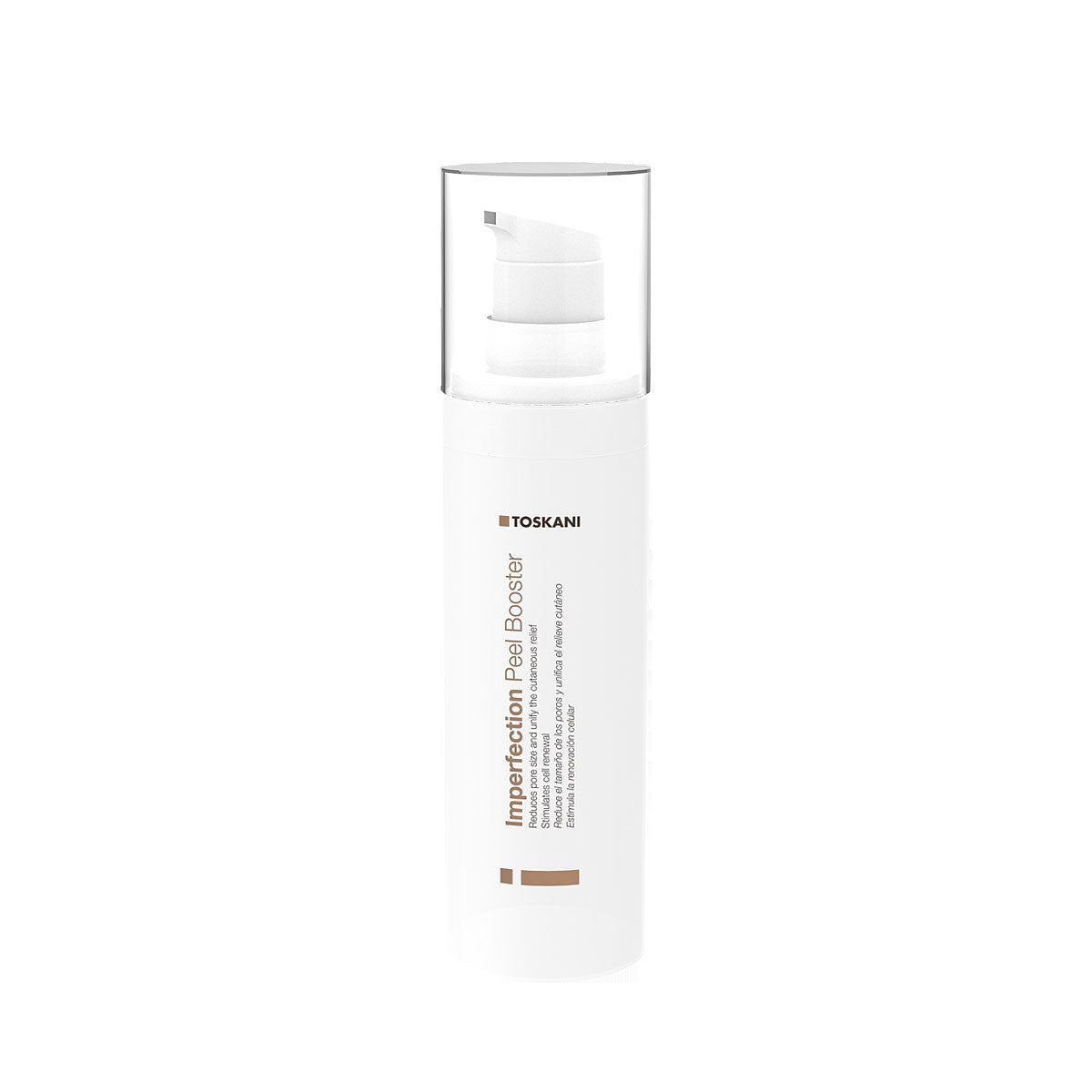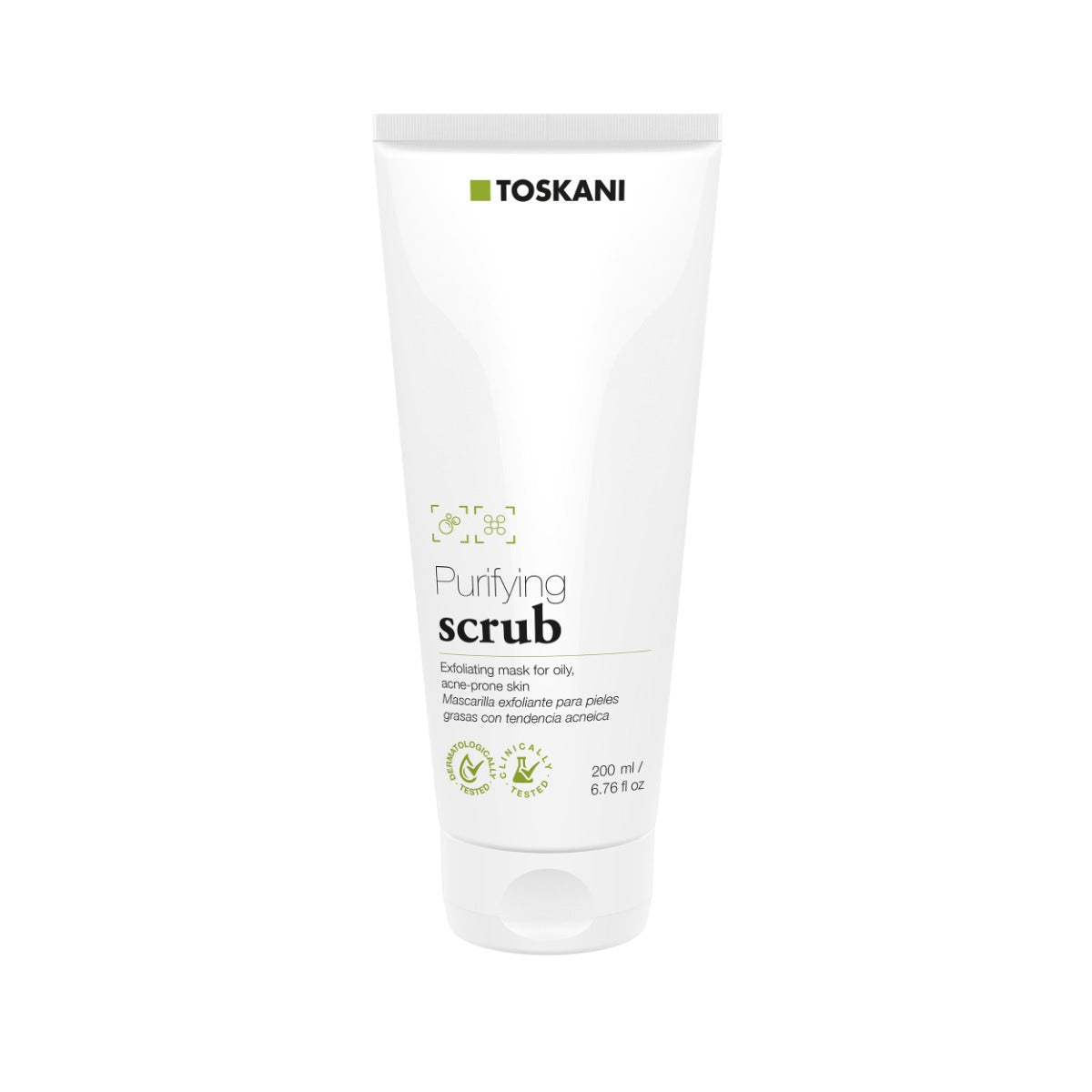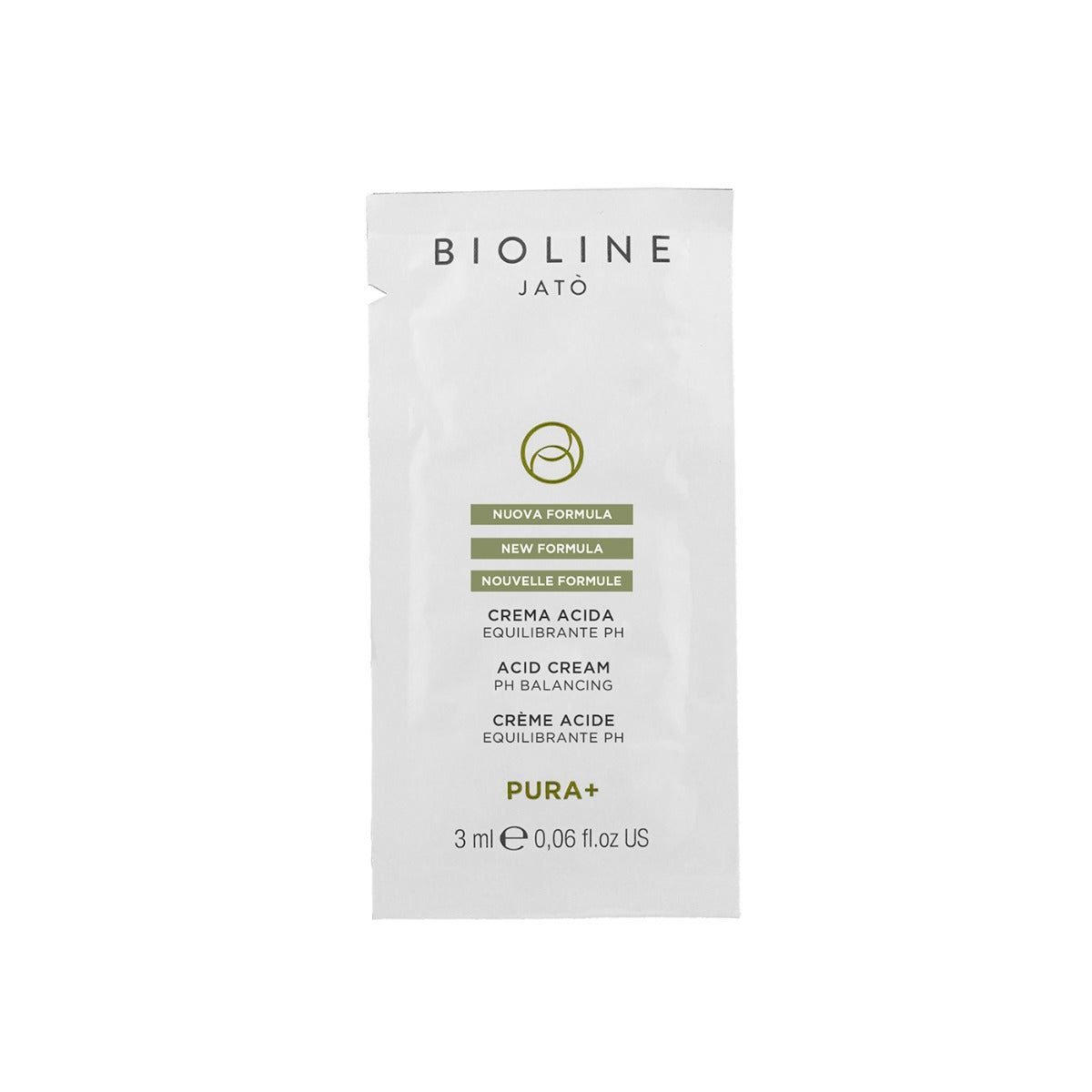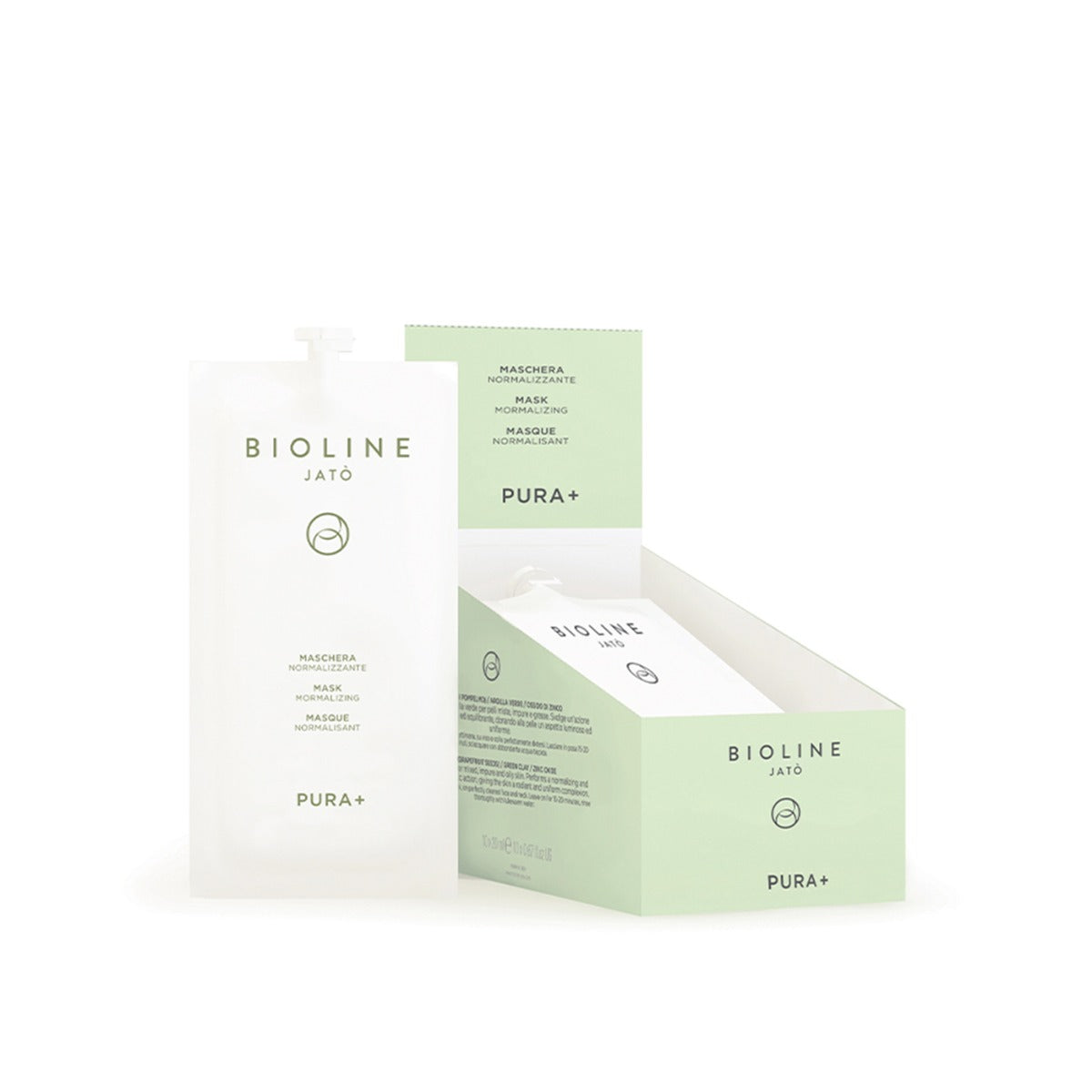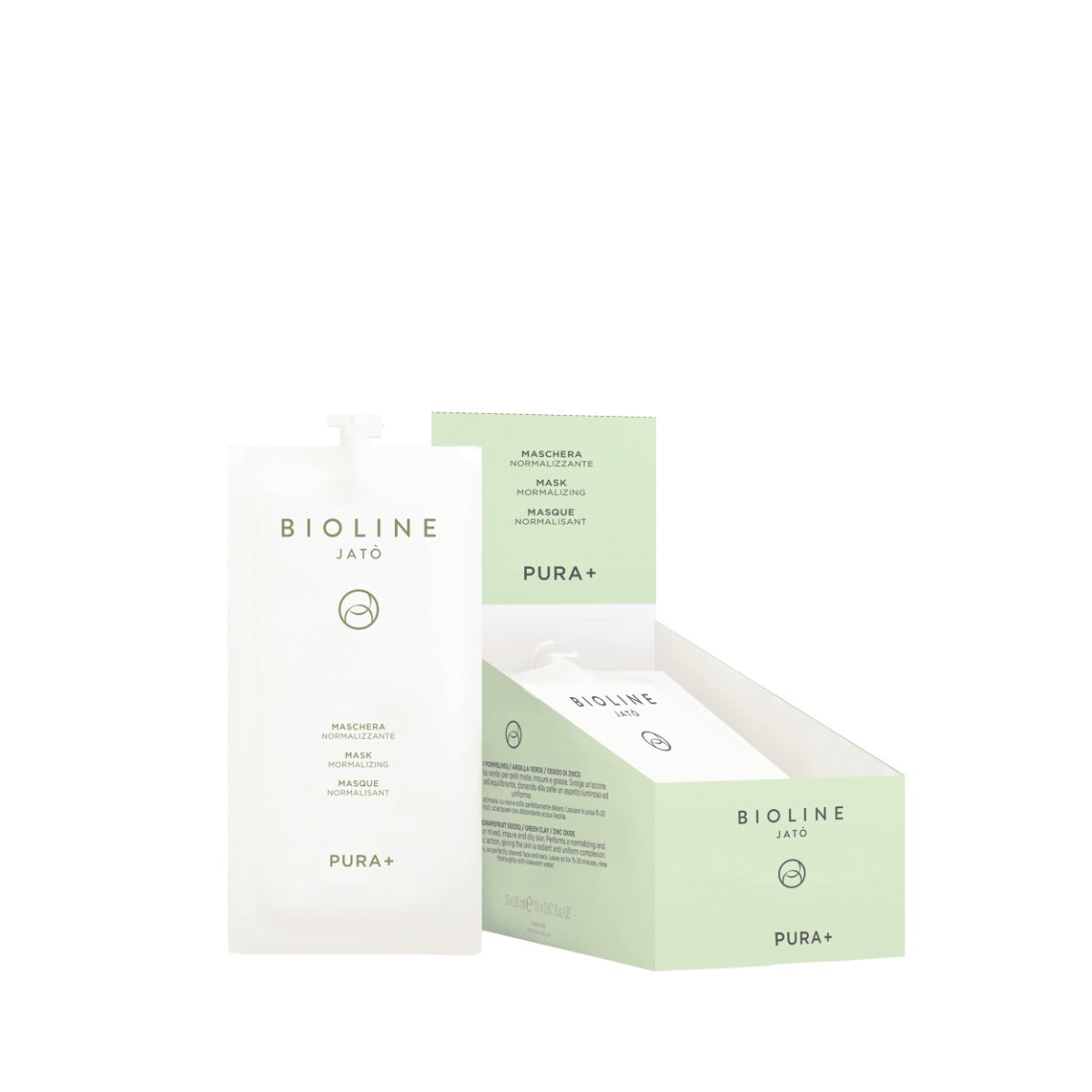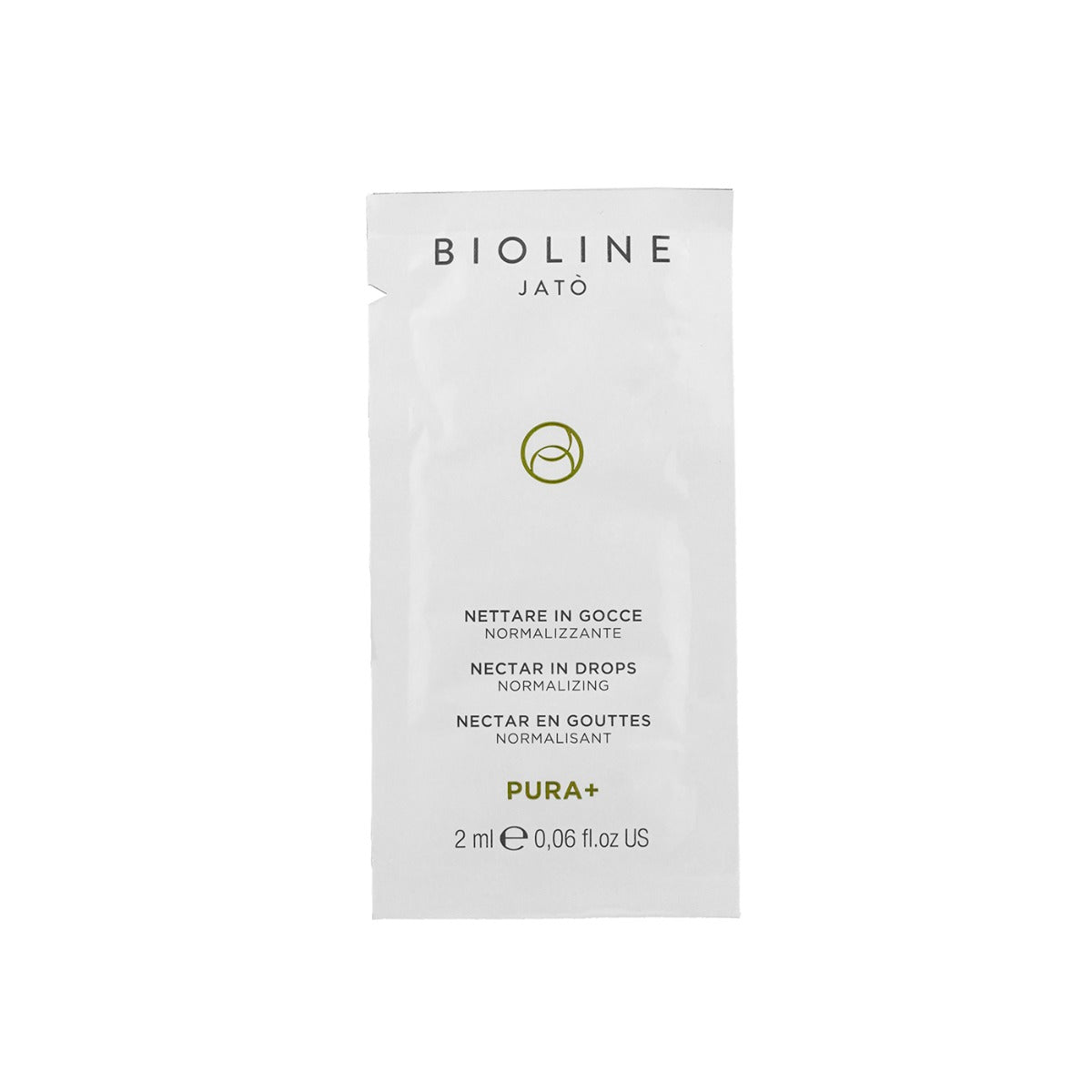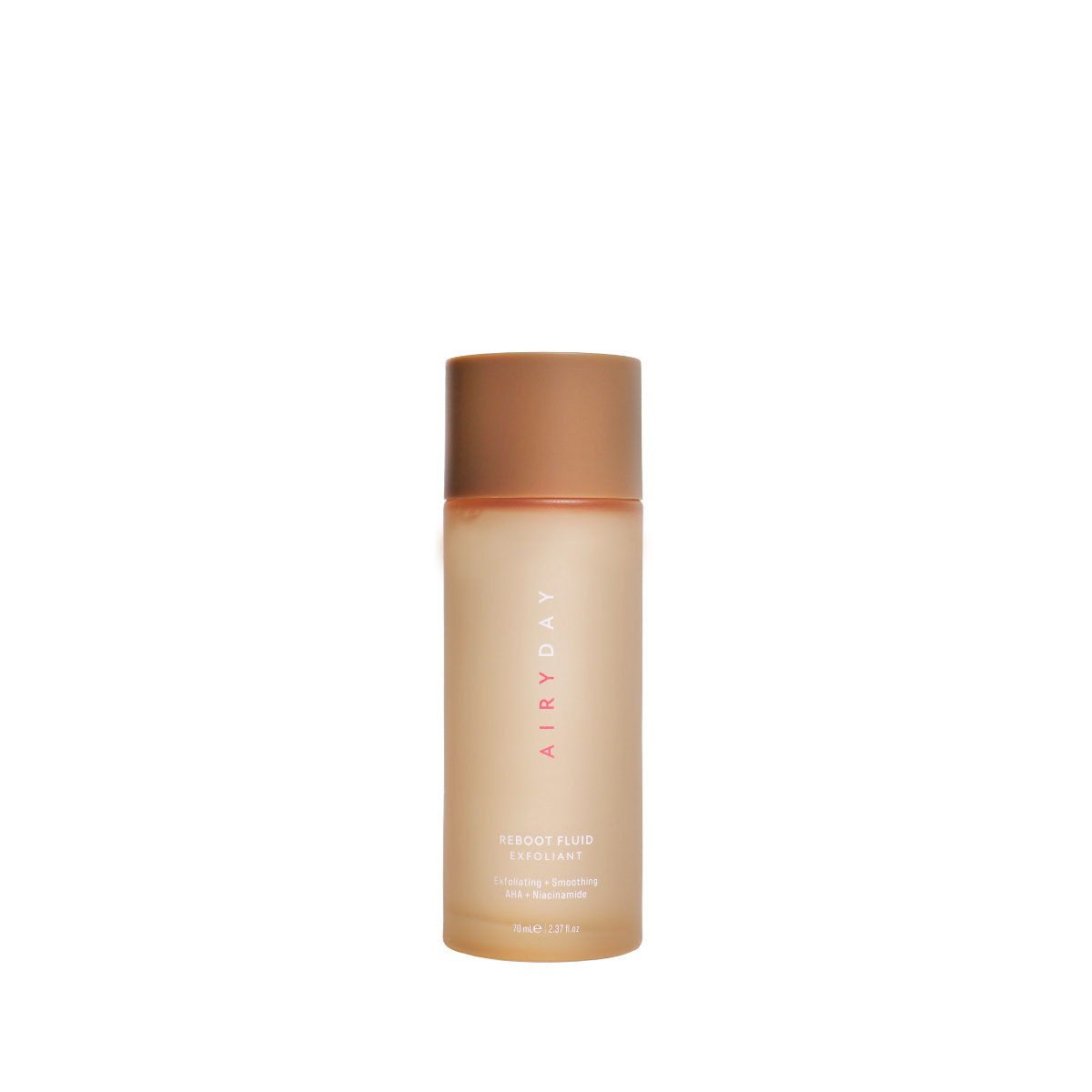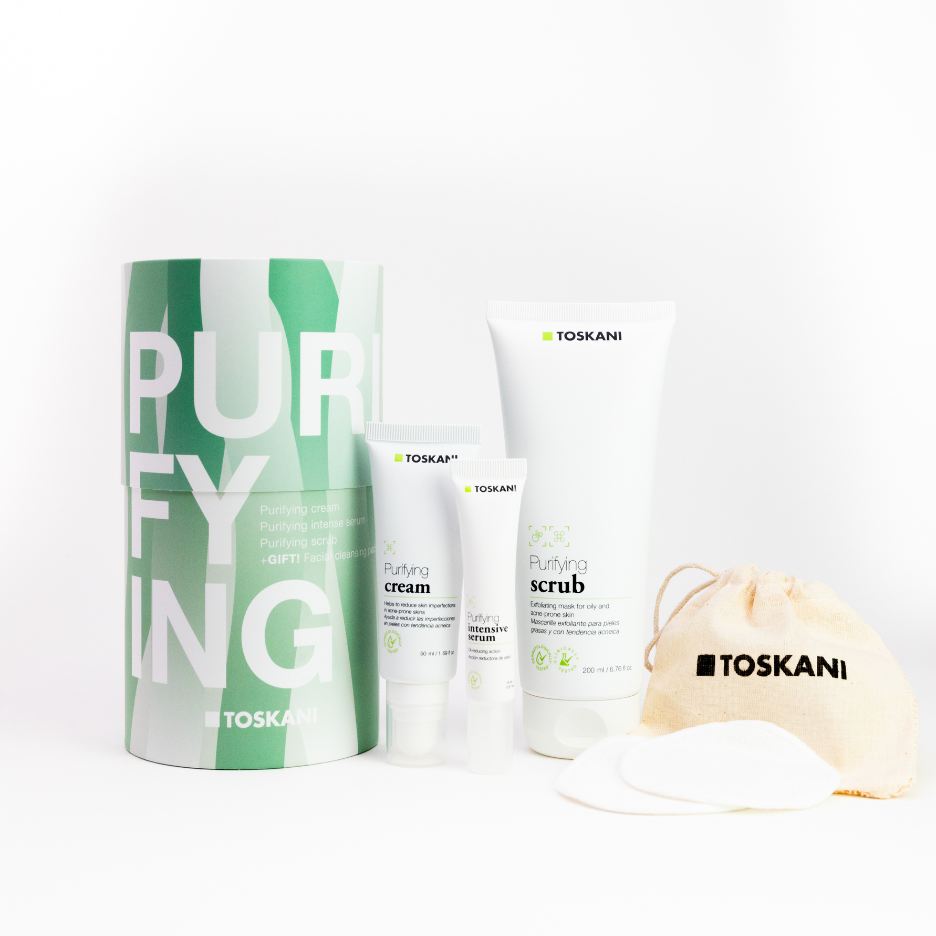Skincare for Oily Skin
Non-Greasy Products For Oily Skin Types
Oily skin can be a challenge to manage, but with the right approach, you can maintain a healthy balance and reduce the appearance of shine and breakouts. At CXCosmetics, we offer a carefully selected range of skincare for oily skin that targets excess oil while supporting your skin’s natural barrier and hydration levels.
Why Does Oily Skin Need Special Care?
Oily skin tends to produce more sebum, which can clog pores and lead to blemishes and uneven texture. While it might seem counterintuitive, stripping the skin of all oils can actually trigger more oil production. That’s why it’s essential to use skincare products for oily skin that balance sebum production without over-drying.
A gentle cleanser, followed by a lightweight moisturiser, helps keep the skin clear and comfortable. Our range of moisturisers and face creams includes formulas perfect for oily skin, offering hydration without a greasy feel.
Building a Skincare Routine for Oily Skin
An effective skincare routine for oily skin focuses on keeping pores clear while maintaining hydration. Here’s a simple step-by-step guide to get started:
- Cleanse: Use a gentle cleanser that removes impurities and excess oil without irritating the skin.
- Exfoliate: Incorporate a mild exfoliant to prevent clogged pores and keep skin smooth.
- Treat: Apply lightweight serums that help balance oil production and refine pores. Products designed for pigmentation and dark spots can also support clearer, more even skin.
- Moisturise: Even oily skin needs hydration. Choose an oil-free moisturiser from our collection of moisturisers and face creams to keep your skin balanced.
- Protect: During the day, use a broad-spectrum sunscreen to protect from environmental damage.
How Skincare for Oily Skin Can Support Long-Term Skin Health
Addressing oily skin with the right products is essential not just for managing shine but also for long-term skin health. Over time, oily skin that’s left unchecked can lead to enlarged pores and an uneven complexion. By incorporating balancing treatments and consistent hydration, you can support smoother, clearer skin.
For skin that needs extra care, our skin repair and protect collection offers additional support to reinforce the skin barrier and reduce sensitivity, which can also affect oily skin.
Skincare for Oily Skin at Different Life Stages
Oily skin is not exclusive to any age. While it’s often associated with teenage years, many adults continue to experience oily skin well into their 30s and beyond. If you’re also concerned about signs of ageing, explore products that address both excess oil and fine lines and wrinkles.
It’s also worth noting that changes in the skin’s moisture levels can happen at any time. If your skin shifts from oily to dry, especially in certain areas, explore our skincare for dry skin collection for solutions that hydrate and replenish.
Tips for Managing Oily Skin
FAQs About Skincare for Oily Skin
1. What is the best skincare routine for oily skin?
The best skincare routine for oily skin includes a gentle cleanser, a lightweight moisturiser, and a non-comedogenic sunscreen. Oily skin needs products that control excess oil without stripping the skin's natural barrier.
2. Can oily skin get acne?
Yes, oily skin can get acne. Excess oil production can clog pores and lead to breakouts. Using products with salicylic acid or benzoyl peroxide can help manage acne in oily skin.
3. Should oily skin use moisturiser?
Yes, oily skin should use moisturiser. Skipping moisturiser can make oily skin produce even more oil to compensate. Use a lightweight, oil-free moisturiser to keep oily skin balanced.
4. Can oily skin be sensitive?
Yes, oily skin can be sensitive. Oily skin may still react to harsh products, fragrances, or exfoliants, leading to irritation. Always choose gentle, non-irritating products for sensitive oily skin.
5. How can I reduce oily skin naturally?
You can reduce oily skin naturally by cleansing twice a day with a gentle cleanser, avoiding heavy creams, and using blotting papers or clay masks. However, oily skin is often genetic, so managing it with a consistent routine is key.









